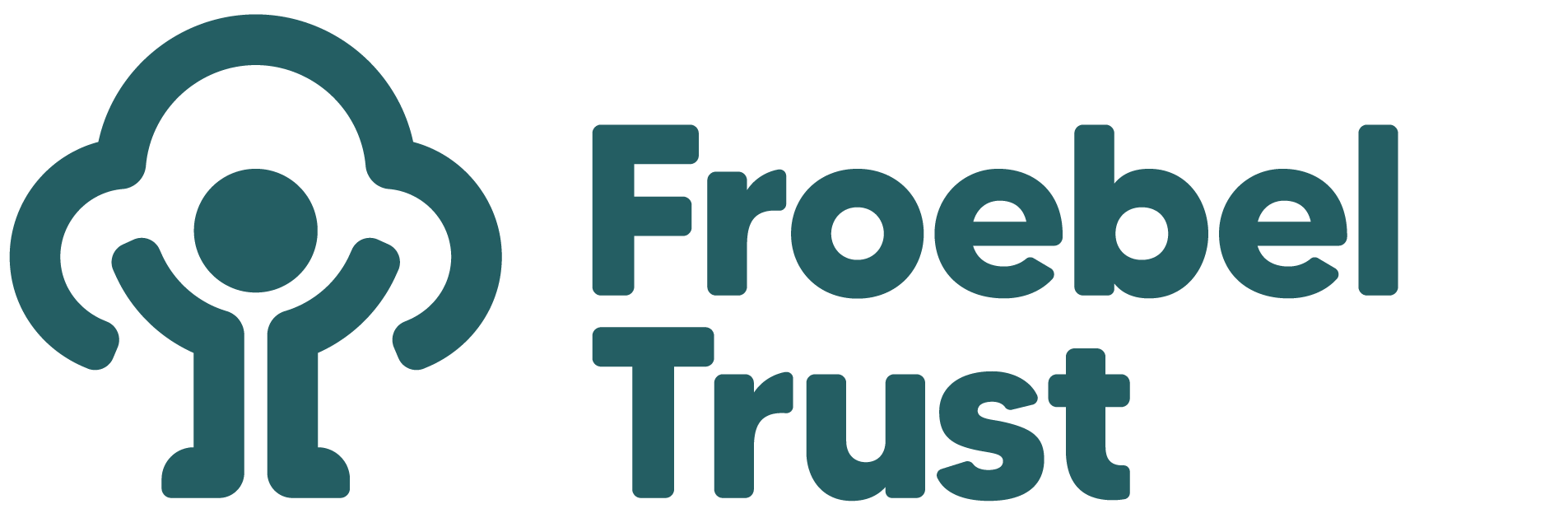Froebel Trust Short Courses
The Froebel Trust supported the development of these short courses and the training of a group of Travelling Froebel Tutors endorsed to deliver them.
They are designed in response to requests from practitioners in early childhood education for short, practically focused local courses supporting them in understanding, studying and implementing a Froebelian approach to their work in group settings (schools, daycare, playgroups, children centres etc) and home settings (childminders, parents, grandparents etc).
Who are the courses for?
The courses integrate practice and thinking about what lies behind it in the Froebelian tradition. They are appropriate for:
• practitioners (teachers, early childhood practitioners with a variety of qualifications, childminders)
• interested academics and specialists in related fields (physiotherapy, health visiting, speech and language therapy, play therapy for example)
• interested parents and grandparents, who might be childminding in the family, on governing bodies or trustees of early childhood organisations.
How are courses structured?
The short Froebel courses are structured are made up of a mandatory two-day introductory course (element 1), and a series of four optional follow through two-day courses (elements 2-5).
The course duration therefore ranges from a minimum of two days (element 1) to a maximum of 10 days (elements 1-5).
Each two day ‘Element’ course is taught by two tutors working together, delivering two days training, approximately one month apart, with a required practical assignment in between. Family is emphasised throughout each element of the course (elements 1-5) with tangible examples throughout.
How is the course taught?
The course is delivered by some of the UK’s leading Froebelians. All are accredited and approved by the Froebel Trust.Tutors encourage the Froebelian approach of individual self activity.
Participants are encouraged to locate themselves in their practice.
Tutors pose questions about the work practitioners do in relation to Froebelian principles and practices, as well as consider and act on the challenges of implementing Froebelian practice in a contemporary world.
What do the courses cover?
The short Froebel courses are as follows:
• Element 1: Introduction: Principles and Practices of the Froebelian approach to Early Childhood Education
• Element 2. The Gifts (and modern Wooden blocks) and the Occupations (workshop experiences)
• Element 3. The importance of engaging with nature and outdoor learning
• Element 4. Play and the symbolic life of the child, (representation and the expressive arts)
• Element 5. Lullabies and family songs, finger plays, action songs, movement games - firm foundations for later literacy
Website:
https://www.froebel.org.uk/courses-international-projects/froebel-training/


